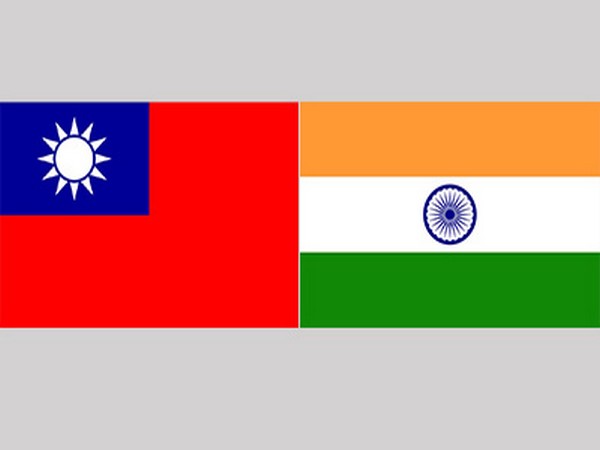Taipei: While India has given “appropriate response” to China over its attempt to transgress the Line of Actual Control (LAC), it is time to strengthen the Quad and join hands with like-minded countries such as Taiwan against Beijing.
According to an article titled ‘Time for Taiwan, India to team up’ by Rahul Mishra, senior lecturer at the University of Malaya’s Asia-Europe Institute in Kuala Lumpur, in Taipei Times, China’s aggressive postures toward Taiwan and India increased over the past 10 years.
He said that while 10 months have passed since the Galwan valley standoff and several rounds of peace talks have been held, China does not seem genuinely interested in de-escalating tensions.
On June 15 last year, 20 soldiers lost their lives in a clash with the Chinese troops in the Eastern Ladakh sector.
On January 3, the Ministry of External Affairs said that India has given “appropriate response” to China over Beijing’s attempt to transgress the Line of Actual Control (LAC) in several areas of the Western Sector of the India-China border.
“From April-May last year, there had been an enhanced deployment of troops and armaments by the Chinese side in the border areas and along the LAC in the Western Sector. Since mid-May, the Chinese side attempted to transgress the LAC in several areas of the Western Sector of the India-China border area. These attempts were invariably met with an appropriate response from us,” he said.
However, according to the author of this article, “China’s recent contravention of the confidence-building measure agreed upon on September 21 last year that neither side will send further troops to the front line proves it beyond doubt.”
He said that China has, instead, “consolidated its position in eastern Ladakh by deploying more troops, artillery and ammunition” and this contravention has cast doubt on the “sincerity of the entire dialogue and throws open several questions about China’s territorial ambitions and strategic posturing toward India”.
He said the Galwan standoff was different from the 2017 Doklam standoff and the 2013 Daulat Beg Oldi standoff.
One of the reasons cited is that the present China is much different from that of seven years ago as President Xi Jinping has centralised the power with “no checks and balances within the Chinese Communist Party (CCP)”. Under Xi’s leadership, China has become “more assertive and confrontational”.
As China is aware of the challenges posed by India in Asia, Mishra says, “China’s vulnerabilities with regard to the Dalai Lama and Tibetan government in exile, a dispute with Bhutan, and attempts to use Nepal against India as a strategic tool are all part of Beijing’s long-term strategic designs”.
India was the first country to object to China’s Belt and Road Initiative (BRI). Besides, it was the only country to not send any of its representatives to BRI forums.
Initially, China tried to persuade India to join the initiative. However, after realising that India was adamant on its sovereignty, especially in the case of the China-Pakistan Economic Corridor (CPEC), Beijing began its confrontational approach.
Meanwhile, another Chinese neighbour — Taiwan — has turned down the BRI proposal.
China’s aggressive stance towards Taiwan and India has heightened in the last 10 years.
“China’s aggressive postures toward Taiwan to the extent of denying it entry to WHO fora on the pretext of the “one China” principle, repression of the democratic movement in Hong Kong and incessant cruelties against Uyghurs in Xinjiang are cases in point. While crushing domestic unrest and challenges such as a looming power supply shortage, China is trying to flare up nationalist feelings toward its neighbours to deflect its vulnerabilities,” the author said.
Since last year, several countries including Taiwan, India, Japan, Indonesia, Malaysia, Nepal, South Korea, Bhutan, Vietnam and South Korea have been victims of Chinese aerial, maritime and land boundary incursions.
According to the author of the article, as China lacks appreciation of India’s territorial sovereignty and sensitivities it is “timely for India to strengthen the Quad and build partnerships with like-minded countries in the region, including Taiwan, and find a lasting collective mechanism to effectively deal with the China threat”. (ANI)





